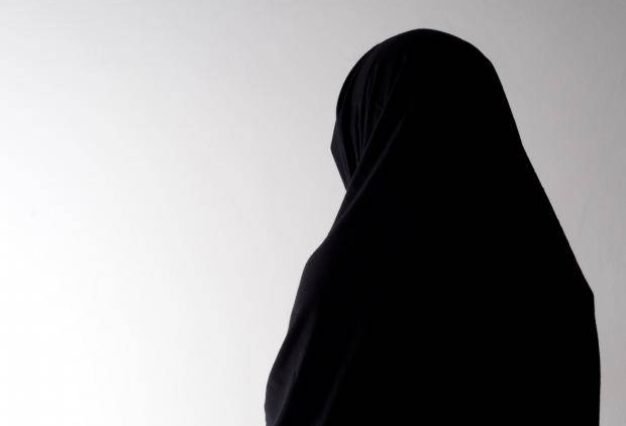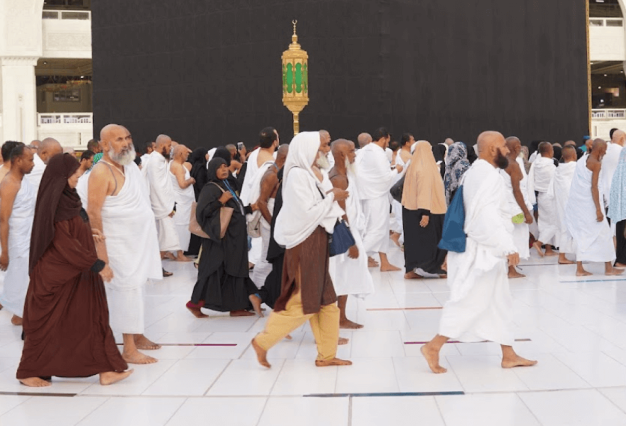Answered by Shaykh Yūsuf Badāt
Question:
I have a certain problem, the cause of which is undiagnosed. I feel the sensation of bubbles on the exterior of my anus, these sensations also come with audible sound sometimes, and without an odour. I also experience the same bubbly feeling on my right or left buttocks, clearly away from the anus itself also accompanied sometimes with sound but again no odour. This experience I believe is benign “muscle twitching” because there is no pain. It feels like a bubble, or someone flicking my skin. Now my problem is, how do I decide if I am farting or not? As a young man I cannot say I have any problem controlling my flatulence. This anus sensation could likely be attributed to the muscles twitching and the sound likewise.
I experience these sensations usually around 3 or above times during ablution and prayer, and outside of it (less noticeably maybe because of the actions in the former; bending, squatting, etc.)
I do not see what I am supposed to do, because I know it is said if you sense something between your buttocks then only leave prayer if you hear a sound, or smell an odour. However, I am not holding a fart at all when this happens usually. With normal flatulence, you feel it in your stomach going down to your anus and you either let it out or hold onto it – I do not experience this with this problem. The flatulence comes out usually with a sound, smell, sometimes varying in length. However, this sensation is like a bubble popping without smell, very short in length. It can even happen at the same time as I am holding on to wind (without the wind I am holding, escaping).
At times, I can be 100% positive it is a twitch but when it happens very close to the anus, if not at the anus itself, it creates doubts. So please, with this information, help me out or ask me for further information if you require.
Answer:
بِسْمِ اللهِ الرَّحْمنِ الرَّحِيْم
In the name of God, the Most Gracious, the Most Merciful
Jazāk Allāh Khayr/ Thank you for contacting Mathabah Institute with your question.
The principle in the dilemma you have described is that until you are not absolutely sure about your ablution breaking, your wuḍū (ritual ablution) will remain intact and valid. This is based on the well-known principle of jurisprudence, “Certainty is not removed by doubt.” – (See: Radd Al-Muḥtār, Dār ‘Ālam Al-Kutub, Vol 1, Page 283) [1]
If the bodily gas is certain and is excessively constant, then you would be considered among the ma’dhur (excused). Such a person will only make one wuḍū for the duration of one prayer time.[2] – (Badāi’ Al-Ṣanāi, Dār Al-Kutub Al-‘Ilmīyyah, Vol 1, Page 238)
“The Prophet (peace and blessings upon him) instructed Fāṭimah Bint Abī Ḥubaysh (may God be pleased with her) to wash the discharge and pray. Such a woman who had excessive discharge was also instructed to make wuḍū for every prayer, until the time for the next prayer came.” – (See: Abū Dāwūd 298) [3]
Only Allāh knows best.
[1] فَإِنَّ الشَّكَّ وَالِاحْتِمَالَ لَا يُوجِبُ الْحُكْمَ بِالنَّقْضِ إذْ الْيَقِينُ لَا يَزُولُ بِالشَّكِّ – رد المحتار
[2] أَصْحَابُ الْأَعْذَارِ كَالْمُسْتَحَاضَةِ، وَصَاحِبِ الْجُرْحِ السَّائِلِ، وَالْمَبْطُونِ وَمَنْ بِهِ سَلَسُ الْبَوْلِ، وَمَنْ بِهِ رُعَافٌ دَائِمٌ أَوْ رِيحٌ، وَنَحْوُ ذَلِكَ مِمَّنْ لَا يَمْضِي عَلَيْهِ وَقْتُ صَلَاةٍ إلَّا، وَيُوجَدُ مَا اُبْتُلِيَ بِهِ مِنْ الْحَدَثِ فِيهِ فَخُرُوجُ النَّجَسِ مِنْ هَؤُلَاءِ لَا يَكُونُ حَدَثًا فِي الْحَالِ مَا دَامَ وَقْتُ الصَّلَاةِ قَائِمًا، حَتَّى أَنَّ الْمُسْتَحَاضَةَ لَوْ تَوَضَّأَتْ فِي أَوَّلِ الْوَقْتِ فَلَهَا أَنْ تُصَلِّيَ مَا شَاءَتْ مِنْ الْفَرَائِضِ، وَالنَّوَافِلِ مَا لَمْ يَخْرُجْ الْوَقْتُ، وَإِنْ دَامَ السَّيَلَانِ، وَهَذَا عِنْدَنَا وَقَالَ الشَّافِعِيُّ إنْ كَانَ الْعُذْرُ مِنْ أَحَدِ السَّبِيلَيْنِ كَالِاسْتِحَاضَةِ، وَسَلَسِ الْبَوْلِ، وَخُرُوجِ الرِّيحِ يَتَوَضَّأُ لِكُلِّ فَرْضٍ، وَيُصَلِّي مَا شَاءَ مِنْ النَّوَافِلِ – بدايع الصنايع
[3] عَنْ عُرْوَةَ عَنْ عَائِشَةَ قَالَتْ جَاءَتْ فَاطِمَةُ بِنْتُ أَبِي حُبَيْشٍ إِلَى النَّبِيِّ صلى الله عليه وسلم فَذَكَرَ خَبَرَهَا وَقَالَ ثُمَّ اغْتَسِلِي ثُمَّ تَوَضَّئِي لِكُلِّ صَلاَةٍ وَصَلِّي – أبو داود ٢٩٨




